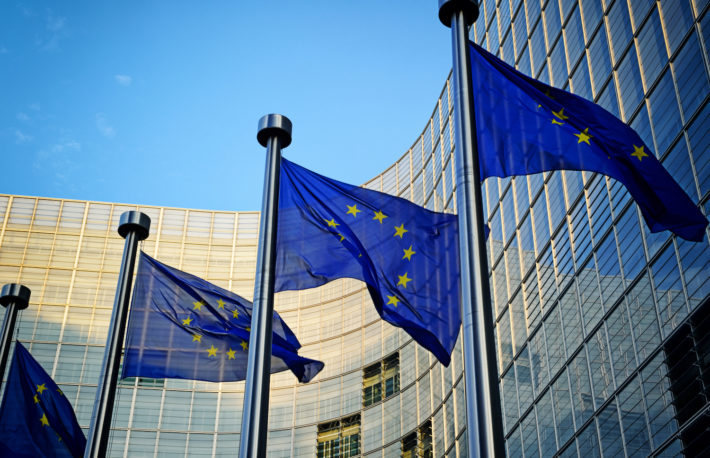Supply chain finance is essential for ensuring smooth transactions and cash movement amongst supply chain players. The traditional supply chain finance system, on the other hand, is frequently plagued by inefficiencies, a lack of transparency, and expensive costs.
With its decentralized and transparent nature, blockchain technology has the potential to revolutionize supply chain finance. This article will look at how blockchain technology can disrupt supply chain finance while also providing major benefits to organizations involved in supply chain operations.
Recognizing Supply Chain Finance
The financial activities and processes involved in managing cash flow and working capital within a supply chain are referred to as supply chain finance. It covers a wide range of financial services, including invoice finance, trade credit, factoring, and supply chain risk management. Traditional supply chain finance systems rely primarily on intermediaries, manual processes, and paper-based paperwork, which causes delays, inaccuracies, and inefficiencies.
Blockchain Technology is Disrupting Supply Chain Finance
Increased Transparency
Blockchain technology creates a decentralized and transparent ledger that records and validates supply chain transactions. All supply chain actors, including manufacturers, suppliers, distributors, and financial institutions, can access a shared, immutable ledger in real time.
Cost savings and increased efficiency
Traditional supply chain finance processes entail a lot of paperwork, manual verification, and a lot of middlemen. These procedures are time-consuming, prone to errors, and have substantial administrative costs. Blockchain technology automates and simplifies these operations, removing the need for intermediaries and minimizing the requirement for manual intervention.
Transaction Settlement in Real Time
Transaction settlement delays in the traditional supply chain finance system are common, affecting organizations’ cash flow and working capital. Blockchain technology provides real-time transaction settlement since it runs on a decentralized network that instantaneously validates and executes transactions.
Improvements in Supply Chain Visibility and Traceability
Blockchain technology allows for complete visibility and traceability of goods and transactions throughout the supply chain. Each blockchain transaction provides information such as product origin, manufacturing methods, transportation, and funding.
Access to Alternative Financing Alternatives
Blockchain-based supply chain finance platforms can help organizations gain access to alternate financing solutions. Physical assets or bills can be turned into digital tokens and traded on blockchain networks through tokenization.
Read more at How Can Blockchain Technology Disrupt Supply Chain Finance?
Subscribe to us for a discussion or leave your comments below.




































